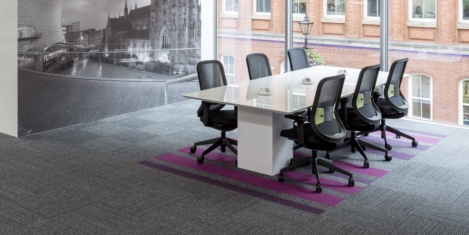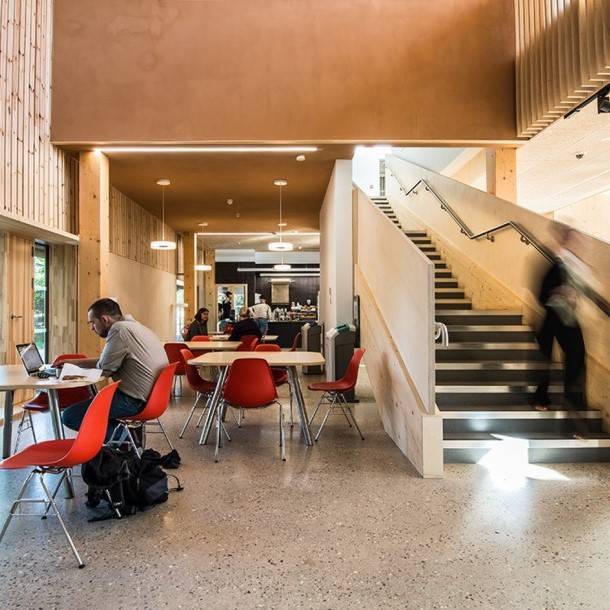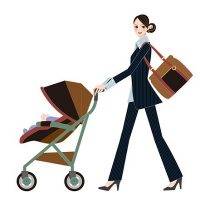October 13, 2016
Design is the top factor when it comes to workplace happiness, claims study 0
 New research from Office Genie claims that office design makes the most significant difference to employee happiness levels. According to the survey of 2,000 British workers, when someone felt comfortable with the design of their workplace, it boosted their happiness by 33 percent compared to those who felt uncomfortable. Workplace design was found to have a larger impact than office temperature levels, light levels, noise levels, and social interaction levels: temperature made an average difference of (5 percent), light (6 percent), noise (8 percent), and social interaction (8 percent). It also came in ahead of the ability to work flexibly, specifically the ability to work from home which made a 12 percent difference to happiness levels. This is particularly remarkable when flexible working is often cited as one of the biggest factors affecting employee happiness, according to the study.
New research from Office Genie claims that office design makes the most significant difference to employee happiness levels. According to the survey of 2,000 British workers, when someone felt comfortable with the design of their workplace, it boosted their happiness by 33 percent compared to those who felt uncomfortable. Workplace design was found to have a larger impact than office temperature levels, light levels, noise levels, and social interaction levels: temperature made an average difference of (5 percent), light (6 percent), noise (8 percent), and social interaction (8 percent). It also came in ahead of the ability to work flexibly, specifically the ability to work from home which made a 12 percent difference to happiness levels. This is particularly remarkable when flexible working is often cited as one of the biggest factors affecting employee happiness, according to the study.

































October 7, 2016
Are we seeing the workification of home or the homification of work? 0
by Anna King • Comment, Flexible working, Workplace design
(more…)